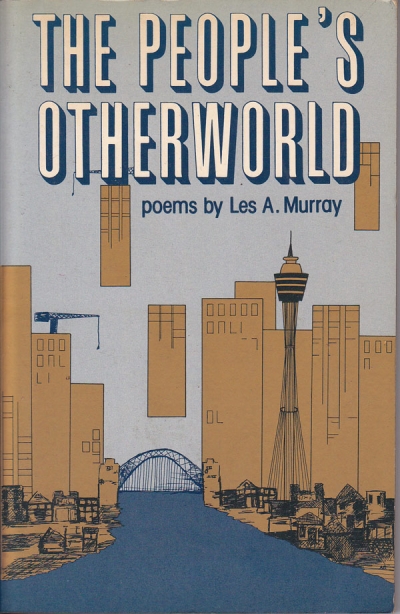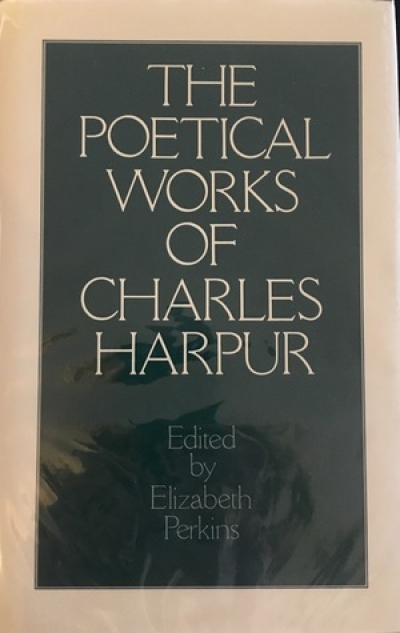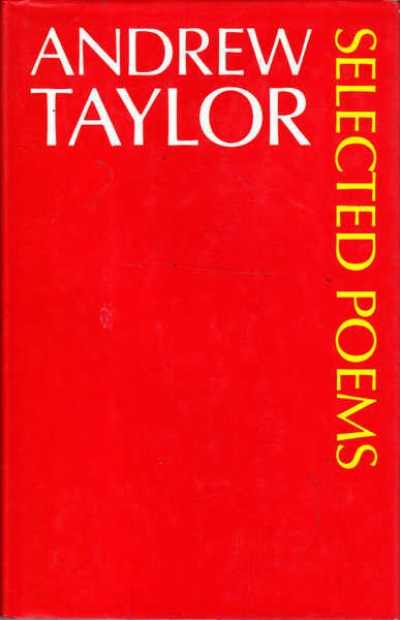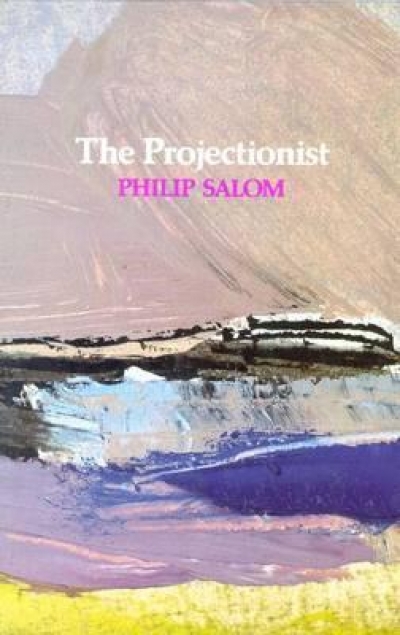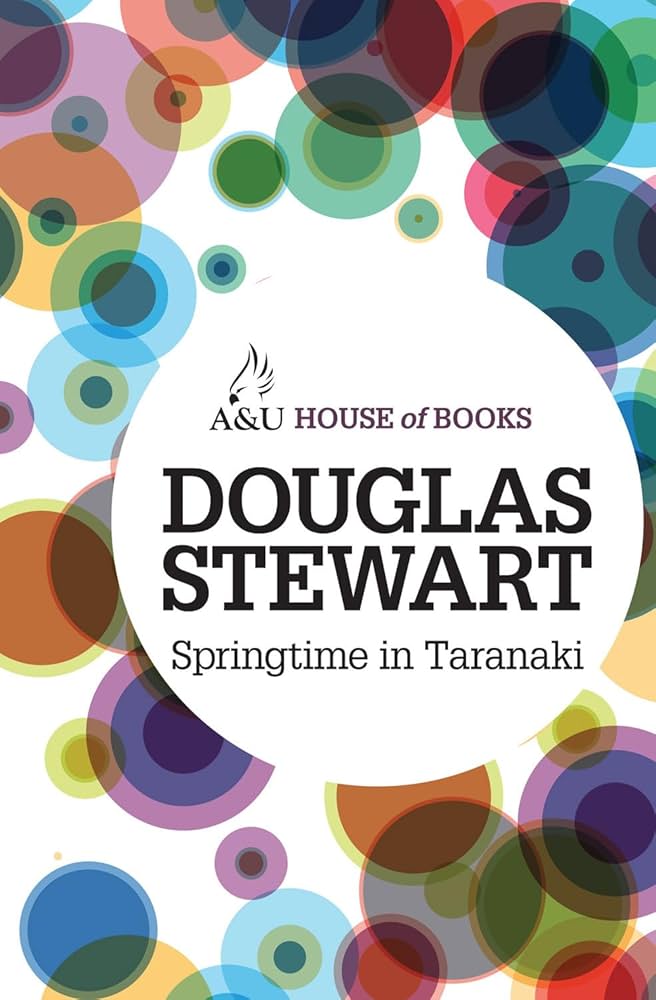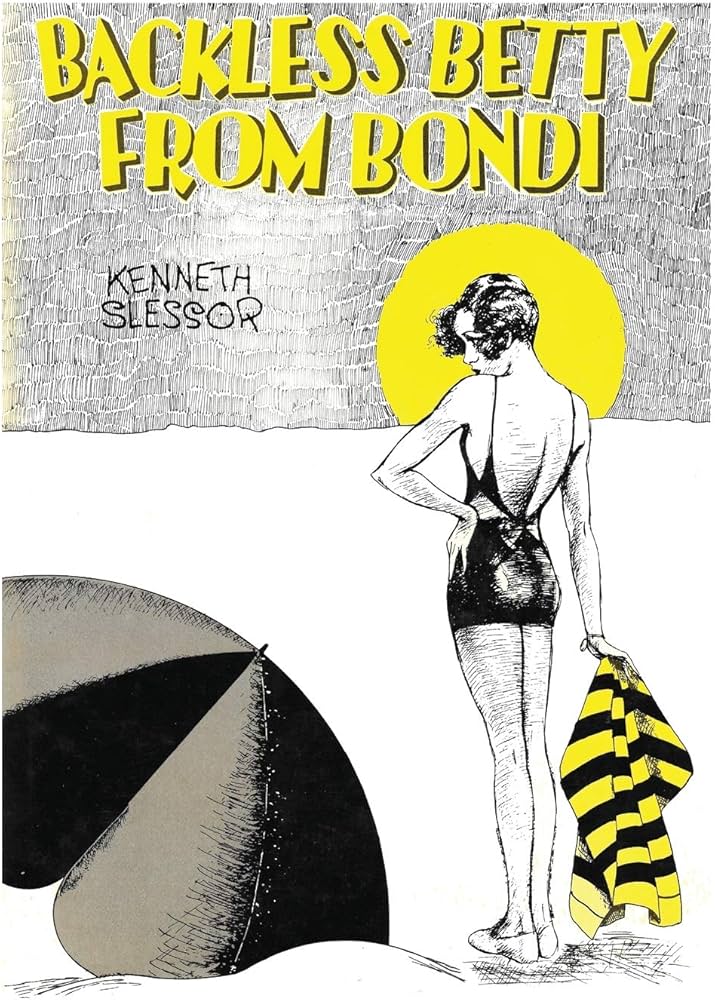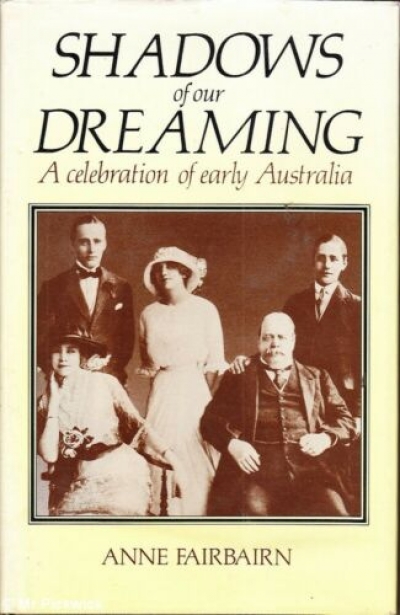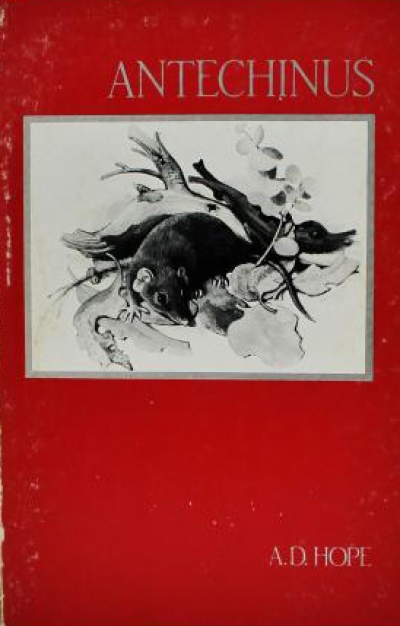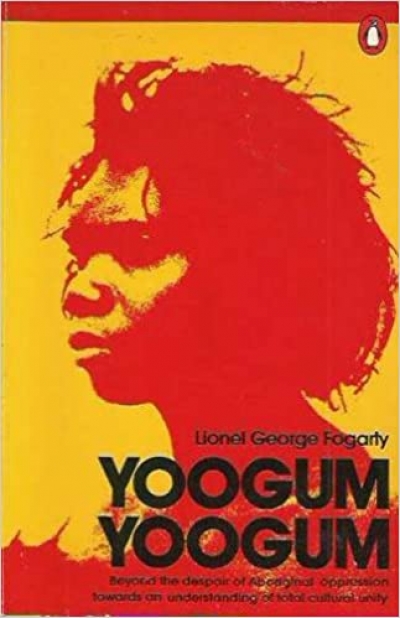Poetry
What is more common than the indicative mood, and what is more uncommon than the way Les Murray uses it? His Christian finger ‘scratches the other cheek’ (‘The Quality of Sprawl’) but more often points out tracks seen from the air, but invisible on the ground: a hibiscus becomes ‘the kleenex flower’ (‘A Retrospect of Humidity’); the shower an ‘inverse bidet,/ sleek vertical coruscating ghost of your inner river’ (‘Shower’); a north-coast punt ‘just a length of country road / afloat between two shores’ (‘Machine Portraits with Pendant Spaceman’). You see it in his use of the demonstrative pronoun – ‘this blast of trance’ (‘Shower’); the definite article – The man imposing spring here swats with his branch controlling it’(‘The Grassfire Stanzas’)’; the deictic use of ‘I’ and ‘we’ to get his readers looking in the same direction as he points out where we are and where we’ve come from – ‘So we’re sitting over our sick beloved engine / atop a great building of the double century / on the summit that exhilarates cars, the concrete vault on its thousands / of tonnes of height, far above the tidal turnaround’ (‘Fuel Stoppage on Gladesville Road Bridge in the Year 1980’).
... (read more)It is 116 years since Charles Harpur, Australia’s first poet of real eminence, died with his own collection of his works unpublished. Except for a couple of small selections – the most recent of which, made by Adrian Mitchell in 1973 and containing only about 120 pages of the poetry, was the most comprehensive – and the infamously corrupt 1883 ‘collection’, it has remained so. This has been a blot on the reputation of Australian critical and academic workers and a loss not only to Australian literature but to Australian history. Now Elizabeth Perkins, of the English Department of James Cook University, has handsomely remedied a long injustice.
... (read more)Andrew Taylor’s Selected Poems opens with rain and a quote from Rilke’s first elegy, collects new poems from 1975–80, touches his The Cool Change (1960–70), Ice Fishing (1970–72), and The Invention of Fire (1973–75), and ends with an epilogue the final image of which is a night watchman whittling a wooden deify which ‘Glows like a storm lantern / burning all night’. It’s night and the poet has gone to bed and closed the shutters, and the nightwatchman of the subconscious gets to work.
... (read more)The Fremantle Arts Centre Press is an example of what a state-oriented press can do. Under intelligent guidance and with sympathetic but not irresponsible state funding assistance, it has now established a solid reputation for publishing goodlooking and worthwhile books. If west coast writers are now better known in the east than they were several years ago, this is only partly due to their qualities as writers, good though some of them undoubtedly are. It is also because the Fremantle Arts Centre Press has actively encouraged and promoted west coast writers, giving them the confidence that only professional book publication can.
... (read more)Judith Rodriguez reviews 'Earth and Solitude' by Barbara Giles, 'Abruptly from the Flatlands' by Joyce Lee, and 'Re: The National Neurosis: Ockers' by Π.O.
Pariah Press is a brave new enterprise. A group of Melbourne poets have decided on the often-mentioned but rarely attempted co-operative method of publication. Barbara Giles and Joyce Lee are the first with books under Pariah’s deceptively humble imprint.
Giles is well known as the chief Editor, till recently, of Luna magazine, but the author of racy and successful nonsense verse and stories for children; Giles and Lee both have a small previous collection – Eve Rejects Apple (1978) and Poems from the Wimmera (in Sisters Poets I, 1979). Their new collections – Giles's Earth and Solitude (Pariah Press, 56 p., $5.95) and Lee's Abruptly from the Flatlands (Pariah Press, 57 p., $5.95) – give them room for variety and each strikes out in a fresh direction.
... (read more)Springtime In Taranaki: An Autobiography of Youth by Douglas Stewart
Douglas Stewart is one of the great all-rounders, perhaps the greatest, of our literature; one recalls that Nancy Keesing once described him as probably t
Foremost as a poet, the subject matter of his poetry is astonishingly wide-ranging from ballads and narrative poems to the most delicate and delightful of nature and love lyrics. He has been a notable and inspiring literary editor; in a period that has now passed into history he so exploited the creative potentialities of radio to communicate culturally that he achieved an international reputation as a verse playwright; and his literary criticism down the years has been consistently respected by his peers.
... (read more)We have to thank Julian Croft for this selection of Slessor’s light verse first published in Smith's Weekly between February 1928 and November 1933. Here is a worthy successor to Slessor’s Darlinghurst Nights, until now the only selection of frivolous Slessor available to the general reader. The verses here are no less charming than those of the earlier selection and their omission from Darlinghurst Nights, first published in 1933, seems merely to be based on the fact that they do not fit easily into the theme of that volume. They are certainly no less delightfully capricious in their rhyme schemes and no less artfully artless.
... (read more)Shadows of Our Dreaming: A celebration of early Australia by Anne Fairbairn
It is difficult for a reviewer to do justice to this enchanting book. But if one were looking for something to give to an Australian to help him better understand the history, traditions, literature, environment, and folklore of his country – or if one wished to help a visitor to Australia to an appreciation of all those circumstances from 1788 to the present day which have shaped the characters and characteristics of those who inhabit this vast continent, then this book is it.
... (read more)The acknowledgements included in the Preface to this collection name some of the most common places for poetry to be published in Australia, but by chance few of these poems seem to me familiar. That of course makes it more interesting to see them individually; and also makes the whole thing easier to see at large.
... (read more)Yoogum Yoogum is the second collection of verse by a young Queensland Aboriginal whose earlier volume, Kargun, did not get a great deal of attention when it was published in 1980. Fogarty’s themes are ones increasingly heard in contemporary Australian writing: the historical dispossession of the Aboriginals, the present decay and demoralisation of Aboriginal society, white greed and exploitation, the primacy and potential of the land as a key to fulfilled life, the plight of (Aboriginal) women, the pathetic dispossession of Aboriginal children, solidarity in the cause of redressing the wrongs to Aboriginals, the fundamentally positive values of Aboriginal society, the possibilities for solidarity with other groups in the struggle for social justice.
... (read more)

